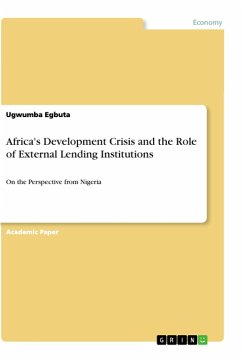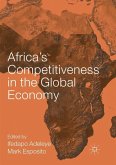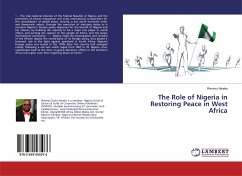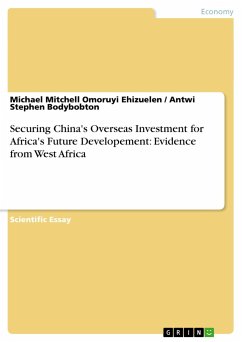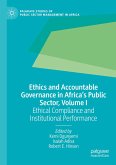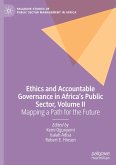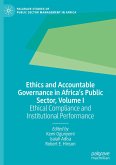Academic Paper from the year 2019 in the subject Economics - International Economic Relations, , language: English, abstract: This work analyzes Africa's development crisis and the role of external lending institutions conerning the perspective in Nigeria. African countries came out of colonial rule with two major challenges related to achievement of sustainable development and unity in the continent. It decided to pursue unity which was a means to development. However, the prospects of development was inhibited or truncated by the outbreak of inter and intra-state conflicts that followed independence. To rebuild their economies, African countries resorted to borrowing from the Bretton Woods Institutions: the World Bank and the International Monetary Fund (IMF) and other international financial institutions. To this end, long and short-term loans were given to African leaders who either misapplied the facilities or could not cope with the conditionality associated with economic reform policies.It is in this light that this article interrogates the undercurrents of these conditions attached to the loans on Africa, with insights from the Nigerian experience. It unravels how the application of the loans and the reform policies complicated rather than addressing the developmental malaise that bedevilled post-colonial African states for which the loans were sought for in the first instance. The article further questions the rationale behind the acceptance of these loans by African leaders and why it has consistently favoured borrowing as a means of solving the continent's development challenges. It recommends, among other options, the evolvement of an alternative funding arrangement from within the continent devoid of external loan trappings.More importantly, having an effective tax system devoid of corruption, purposeful political leadership that will manage the financial sector will help the nation avert similar trend in future. Through these, resources will come from diverse sources that will help the continent develop, since events of the past has proven that these institutions operate loan policies that are not favourable to the developing countries. Above all, efforts should be made to strengthen institutions of government, especially, the anti-corruption and crimes ones to bring about financial accountability regime.
Hinweis: Dieser Artikel kann nur an eine deutsche Lieferadresse ausgeliefert werden.
Hinweis: Dieser Artikel kann nur an eine deutsche Lieferadresse ausgeliefert werden.

